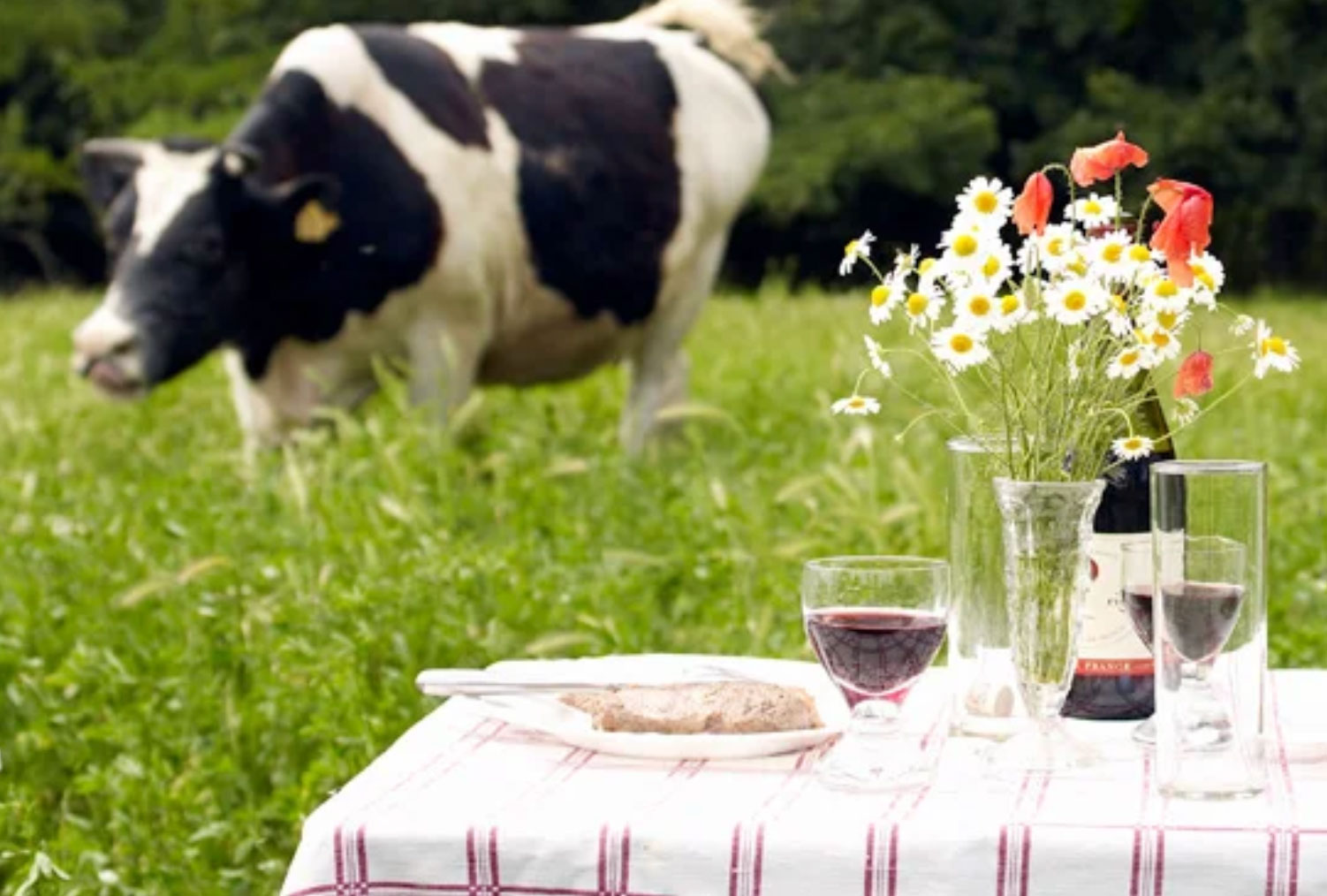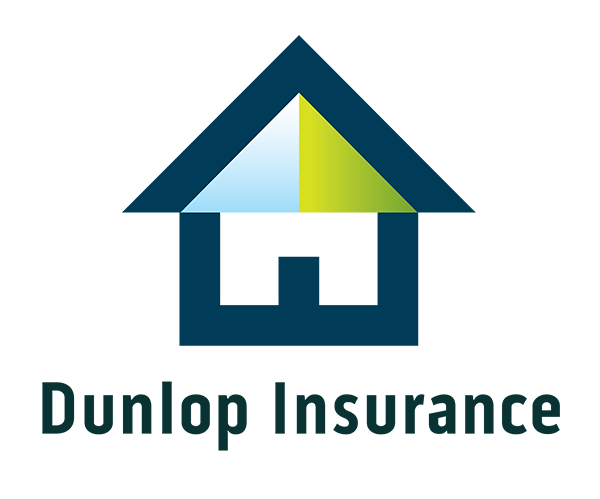
Running a farm in New Zealand involves unique challenges and risks that differ significantly from other types of businesses. Farm insurance is specifically designed to protect the diverse assets and operations involved in farming, from livestock to machinery and buildings. Ensuring that you have the right coverage in place is crucial for the ongoing success and security of your agricultural enterprise. Here’s an overview of farm insurance in New Zealand:
Farm Property Insurance: This covers the physical assets on your farm, including buildings, sheds, equipment, and machinery. It protects against risks such as fire, storm damage, theft, and accidental damage. Coverage can also extend to personal property on the farm, such as the farmer’s residence and contents.
Livestock Insurance: Livestock is a significant investment for many farmers, and this insurance covers the loss or injury of animals due to accidents, diseases, theft, or natural disasters. Policies can be tailored to include specific types of livestock, like cattle, sheep, or horses, depending on the farm’s needs.
Liability Insurance: This is essential for covering legal liabilities arising from farm operations. It can include public liability insurance, which protects against claims of injury or damage caused to third parties while on your property, as well as product liability for any goods you produce and sell.
Business Interruption Insurance: If your farm operations are disrupted by an insured event, business interruption insurance covers the loss of income and helps with the ongoing costs while you recover. This is particularly important for farms, where downtime can lead to significant financial loss.
Farm Vehicle Insurance: This covers vehicles used for farm operations, including tractors, harvesters, utes, and other machinery. Similar to car insurance, farm vehicle insurance can include options for third-party liability, fire, theft, and comprehensive cover.
Type of Farm: The nature of your farming activities, whether you are involved in dairy, livestock, cropping, or horticulture, can impact the premium. Each type of farming has different levels of risk and, therefore, different insurance needs.
Location: The geographical location of your farm plays a significant role in determining your insurance costs. Farms located in areas prone to natural disasters like floods, earthquakes, or high winds may face higher premiums.
Size and Value of Assets: The overall size of the farm, including the number of buildings, the value of equipment, and the quantity and type of livestock or crops, will influence the cost of insurance. Larger farms with more valuable assets typically require higher coverage limits.
Specified Livestock Cover: This allows you to insure high-value or specialized animals individually, ensuring that they are covered for their full value.
Milk Contamination Insurance: Dairy farmers can add this cover to protect against the financial impact of contaminated milk, which can result in significant losses if an entire batch is unsellable.
Machinery Breakdown Cover: This covers the cost of repairs or replacement if critical farm machinery breaks down, helping to minimize downtime and maintain productivity.
Common Exclusions: Farm insurance policies may exclude certain risks, such as damage caused by gradual wear and tear, pre-existing conditions in livestock, or losses due to non-compliance with regulations. It’s essential to understand the specific exclusions in your policy.
Seasonal Adjustments: Some policies allow for seasonal adjustments in coverage, particularly for livestock or crops, where the value and risk can vary throughout the year. This flexibility helps in managing premiums more effectively.
Incident Reporting: In the event of a loss, it’s important to report the incident to your insurer as soon as possible. Providing detailed documentation, including photos, receipts, and any other relevant information, will assist in processing the claim.
Assessment and Payout: The insurer will assess the damage or loss, often involving on-site inspections, and determine the appropriate payout based on the terms of your policy. Prompt and accurate reporting can expedite the claims process.
Farm insurance in New Zealand is a vital tool for protecting your agricultural business from a wide range of risks. With specialized coverage options tailored to the needs of different types of farms, it ensures that you can operate with confidence, knowing that your assets, livelihood, and income are safeguarded against unforeseen events. By understanding the various types of coverage available, the factors influencing premiums, and the importance of comprehensive protection, you can select the right policy to keep your farm thriving. Regularly reviewing and updating your farm insurance ensures that your coverage remains aligned with the evolving needs of your business and the agricultural landscape.

Your Financial Safety Net.

